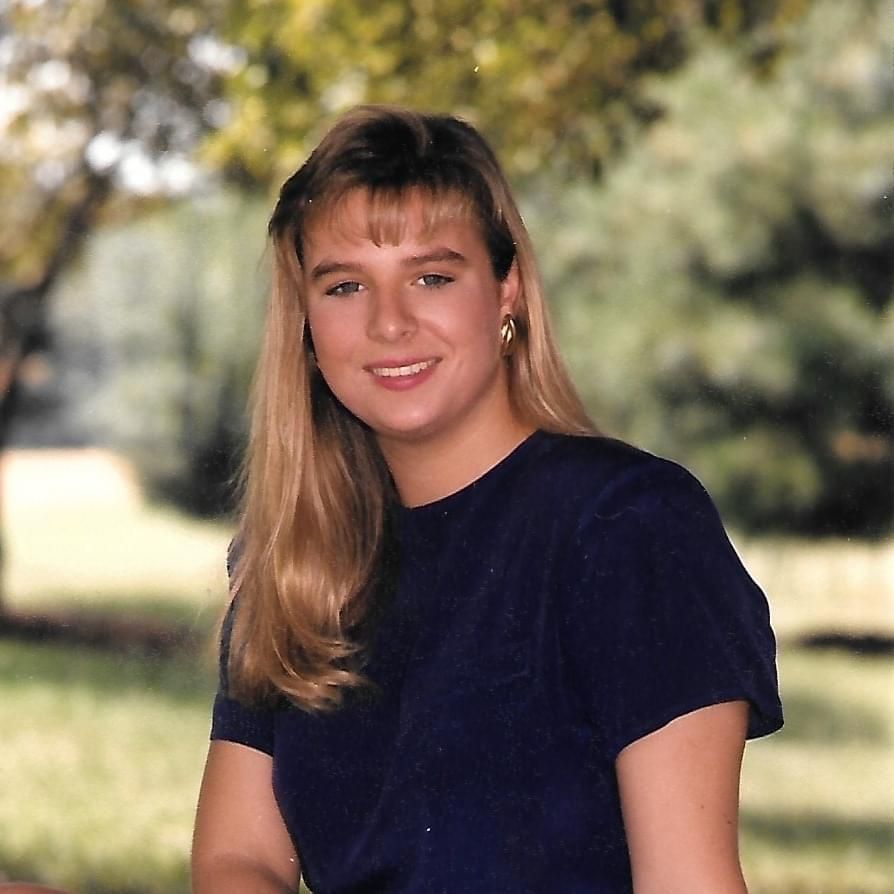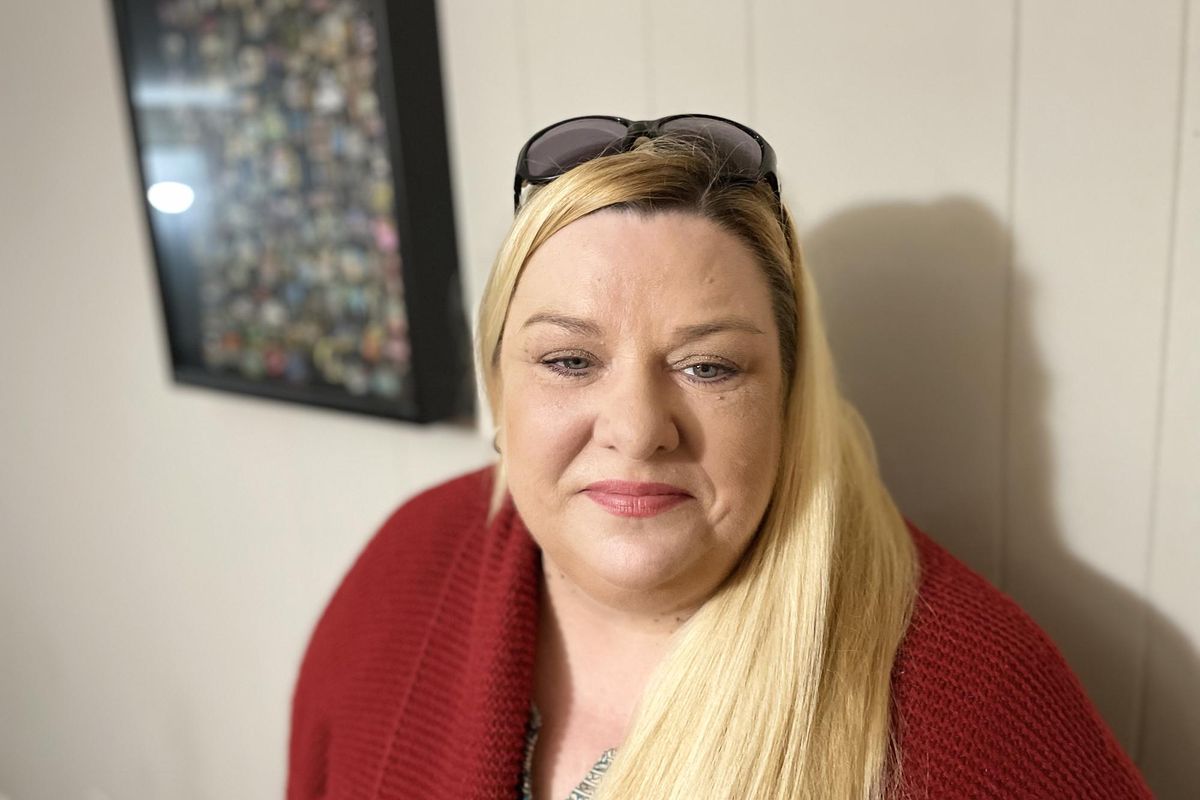As told to Erica Rimlinger
One evening during my senior year of college in Texas, I was hanging out at my boyfriend's apartment when a vicious, blinding pain seized my abdomen. It was like I’d been shot, but the pain wasn’t localized: it was everywhere in my torso. I started bleeding like I had my period, even though I didn’t. I thought I was dying. I curled up in a fetal position on the floor, crawling into the bathroom just in time to start throwing up from the pain. I felt like I couldn’t get enough air into my lungs.
My boyfriend, Roni, called 911 as he splashed cool water on my face, which was gray with shock. When the paramedics arrived minutes later, they addressed him in Spanish, which wasn’t unusual for Roni. With his olive skin and dark hair, many people mistook him for Mexican, although he’s actually Israeli. He did speak Spanish, though. In fact, it’s one of the five languages he’s fluent in. Whichever language people used to address him — Spanish, English, Hebrew — he’d answer using that language, because he could.
The paramedics looked down at my barely conscious body on the floor.
“We’re not taking her,” they said in Spanish. “She’s having a miscarriage.”
“She’s not pregnant,” Roni insisted, answering in Spanish. “She’s on the pill. She is absolutely not pregnant.”
I was barely conscious, and I didn’t speak Spanish fluently, so I couldn’t understand the argument I was hearing, but I did understand that there should have been no argument in this situation. I was clearly in need of help.
The medics didn’t examine me. They didn’t speak to me. As I lay crumpled on the bathroom floor, they stood over me and told Roni he couldn’t afford the $400 the ambulance ride would cost. They told him they didn’t think we had insurance.
“Please, take her to the hospital!” Roni begged the medics, still speaking Spanish. “Do you want money now? I’ll give you money right now!”
I was going in and out of shock but kept asking everyone to speak English so I could follow. When Roni answered in English, the medics were visibly surprised. Once they heard us both speak English, their attitude toward me softened noticeably.
Still, convinced I was having “only a miscarriage,” they didn’t examine me. Looking back, their attitude was shocking. If I had been having a miscarriage — which I told them repeatedly that I wasn’t — they showed no compassion or even curiosity as to why a miscarriage would cause these extreme symptoms. They looked down at me on the floor and spoke to Roni, not me.
We insisted we did have insurance. When the medics heard we were college students at Southern Methodist University and we had health insurance, their attitudes grew even more cooperative.
After precious minutes of Roni’s increasingly loud and desperate insistence, the medics finally agreed to take me to the public hospital (not the closest hospital) — but they made Roni drive separately in his car. At the hospital, I was told that a large ovarian cyst had ruptured in my abdomen, releasing toxic liquid all through my torso. I had to have emergency surgery — and if I hadn’t been taken to the hospital, I could have died on that bathroom floor.
This incident eventually led to my diagnosis of endometriosis. It was a relief to finally have an explanation after many years of enduring heavy periods and general misery around menstruation. Growing up, I always had difficult periods, and my mom told me, “That’s the plight of being a woman. That’s just what we go through.” So, I dealt with extraordinarily heavy bleeding and cramps each month, assuming my experience was typical.It turns out, I was wrong when I assumed others had experiences like mine — and not just when it came to menstruation.
My experience with the medics was a window that showed me my “normal” wasn’t other people’s normal. Roni told me being treated that way was more normal for him than I’d realized, especially after he’d moved to Texas.

Tara, 1992
I was a young white woman and he was a young brown man. I’d read about racism and injustice in the news, but it wasn’t something I’d witnessed up close — until that night. The medics’ made a snap judgment of the medical situation before them by looking at Roni and hearing him answer their greeting in Spanish. After that, their exam was over. They drew their conclusions and doubled down. Bit by bit, as their perception of us evolved — they figured out Roni wasn’t Mexican and learned that we spoke English, had insurance and were college students — their attitudes changed. The whole time, they hardly looked at me. They hardly spoke to me at all.
I’ve heard people deny that racism, classism and sexism exist in our society, I know they do. I’ve seen it firsthand. Racism, classism and sexism also exist in the healthcare system — and I’m speaking about it because I don’t want what happened that night to be anybody’s normal.
Only by speaking out and speaking up for our friends and loved ones can we begin to chip away at injustice wherever we find it.







